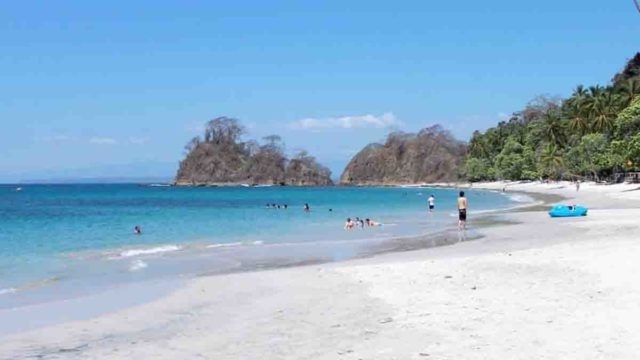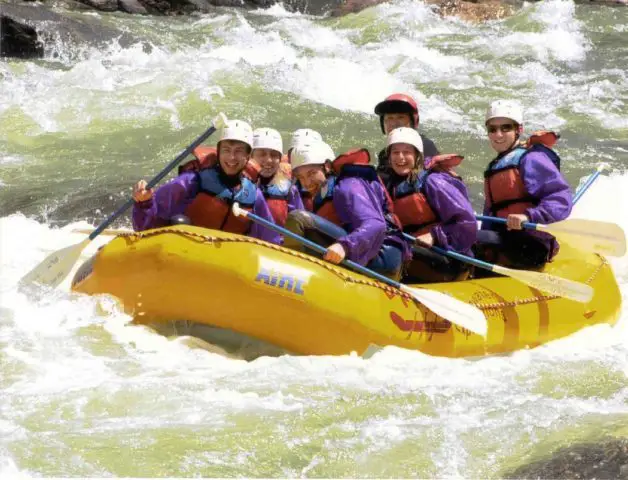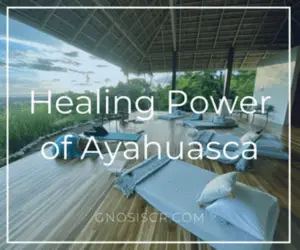As we have seen, ecological tourism or ecotourism is a new alternative to conventional mass tourism. It is an approach to tourism activities in which preference is given to sustainability, preservation and appreciation of the environment, both natural and economic and social.
Due to its boom, ecotourism has already become the fastest growing segment and the most dynamic sector of the tourism market on a global scale. This movement appeared at the end of the 1980s, and has already managed to attract enough international interest, to the point that the UN dedicated the year 2002 to ecological tourism.
The International Ecotourism Society defines ecotourism as responsible travel to natural areas that conserves the environment and improves the well-being of local people.

Ecolodge
We have been struck by an alternative stay, called ecolodge, which complies with the philosophy of ecotourism. It is a type of accommodation that respects the principles of nature conservation, benefiting the local population and offering educational activities.
The term ecolodge comes from the English word lodge which means house of the guard and began to be used to name the hotels in the national parks of Kenya, because these were small accommodations with few rooms, located in protected areas and that served the few guests.

The first lodges were built by the English settlers who tried to imitate the cabins of the natives, colonial houses or even blending in with nature. Currently, ecolodges have evolved in such a way that they cater to any preference of ecotourism lovers. The ecolodges have to comply with a minimum of rules, through specific design techniques or standards: bio-sustainable construction and adequate location, always seeking to minimize environmental impact, integration with the environment and achieve adequate comfort.
The design of the ecolodge and the activities included in the enclosure must encourage interaction with the environment and the culture of the area. The protection of the environment and resources is very important for the proper functioning of this type of establishment.
Genuine ecotourism must follow the following 7 principles, both for those who operate the services and for those who participate:
- Minimize the negative impacts, for the environment and for the community, generated by the activity
- Build respect and environmental and cultural awareness
- Provide positive experiences for both visitors and hosts
- Provide direct financial benefits for conservation
- Provide financial benefits and strengthen participation in local community decision-making
- Create sensitivity towards the political, environmental and social climate of the host countries
- Support the universal human rights and the laboral laws
Despite little knowledge of ecolodges as an ecotourism option, it is a viable and very interesting alternative for sustainable development. Countries such as Costa Rica, Kenya, Madagascar, Nepal and Ecuador (with its Galapagos Islands) where ecotourism produces a significant part of the foreign exchange earnings from the tourism sector are developing the ecolodge concept.

